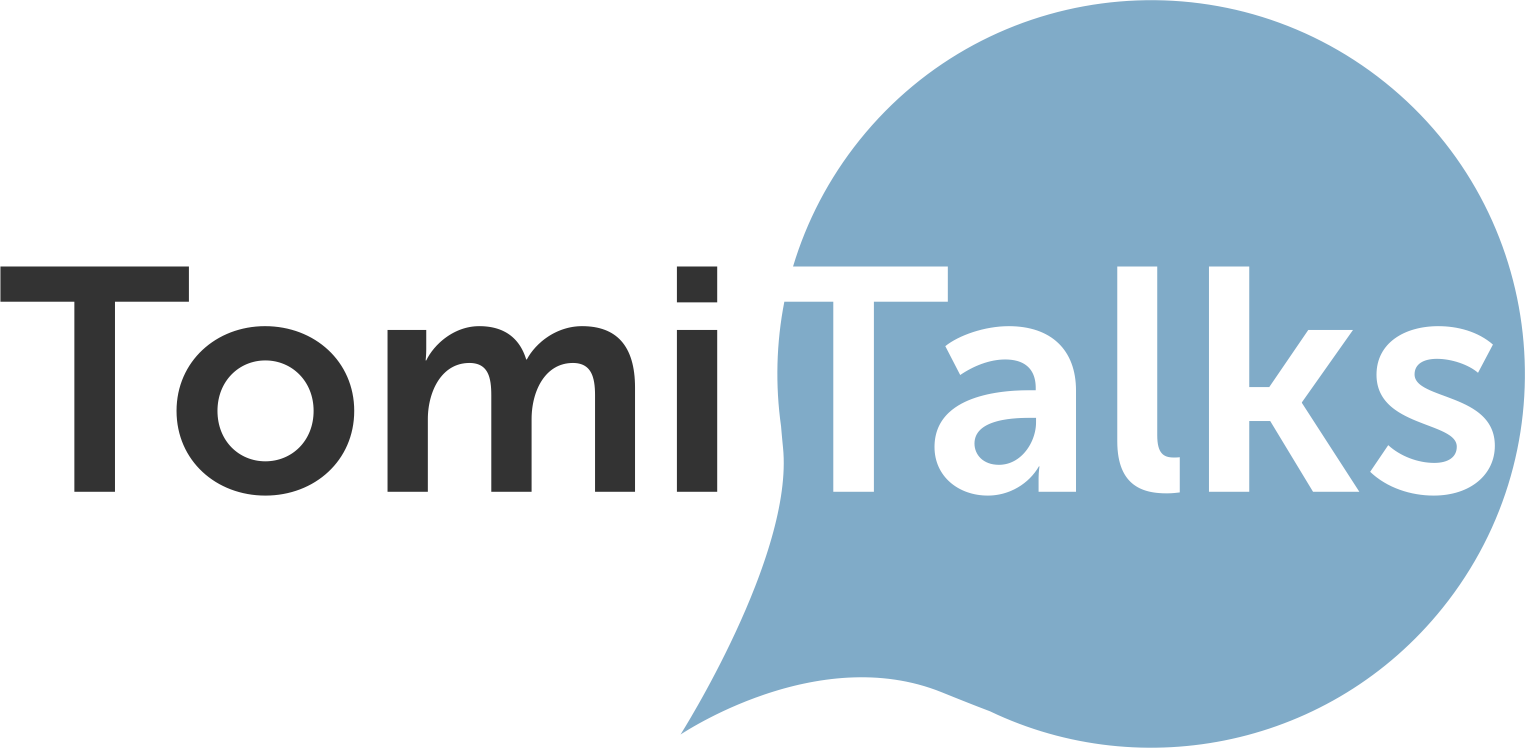There’s no denying it. Sometimes life hurts. People do things to us that we feel we don’t deserve. It may be someone we don’t know but nevertheless it hurts. What hurts much more is when it’s someone we do know, especially someone close. Someone we’ve trusted. Someone we’ve depended upon. Maybe even a spouse, parent or friend.
Hurt happens to every one of us and we often don’t get to choose what sort of hurt we encounter. What we do get to choose, however, is our response to hurts. We choose whether to break down or bounce back. We choose whether to retreat or advance. Viktor Frankl, the Austrian neurologist and holocaust survivor put it aptly when he said, ‘Between stimulus and response there is a space. In that space is our power to choose our response. In our response lies our growth and our freedom.’ Having endured a Nazi concentration camp and the loss of his wife and most of his immediate family at the hands of their Nazi captors, Frankl was speaking from a deep experience of choosing the right response even in the most traumatic of circumstances.
Whenever we face hurt it is like a fork in the road of our destiny; a junction of two options. There really are only two ways to go. The way of bitterness or the way of forgiveness. Bitterness is not just a natural consequence of hurt; it is as deliberate a choice as forgiveness is. When someone hurts you, you consciously make the choice to go down the path of bitterness or the path of forgiveness. You wonder how?
Bitterness forms in our hearts when we meditate upon our pain until we become entrenched in it. The degree of pain we feel after a hurt depends on the interpretation we ascribe to the actions that produced the hurt. This is why thinking is important in the healing process. If your thinking is not disciplined, you will experience more pain in difficult circumstances and you will take much longer to recover from your pain. Pain is magnified when we allow our minds to roam freely in the midst of our hurts. ‘Why me?’ ‘What must he have been thinking about when he said that?’ ‘She must have meant to hurt me when she did that.’ ‘Why did God not do something to shield me from this?’ Unhelpful thought patterns like this aggravate our wounds and heighten our awareness of the gravity of the hurt we have experienced. When our mind becomes unguarded in its analysis and conclusions, we drift down the path of bitterness until we feel like there’s no way back to what we used to be.
Conversely, when we choose forgiveness, we frame the arguments in our mind along the lines of God’s word and we enhance our recovery speed in hurtful situations. Thinking in line with God’s word puts things in perspective. Our minds will always think, analyse and seek to make sense of what we have experienced. It is up to us to determine the parameters within which we will permit our minds to think. Why give your mind the freedom to escalate your pain? Why not use your mind as an instrument of healing by thinking about what God has to say about your situation? As we remind ourselves that we have the capacity to forgive the most grievous hurt, and recall that we are commanded to forgive by the only One qualified to judge all, we position ourselves firmly on the path to forgiveness.
Forgiveness is a spiritual discipline that reminds us of how fallible we are ourselves. We are all prone to mistakes; we are all recipients of God’s mercy. The person who chooses not to forgive consciously places themselves outside the circle of God’s grace and mercy. Colossians 3:13 clearly instructs us, ‘Bear with each other and forgive one another if any of you has a grievance against someone. Forgive as the Lord forgave you.’ While unforgiveness may seem justifiable in certain circumstances when someone has caused us great harm, it achieves no good and simply exacerbates our pain. The wiser choice is to allow God to defend our cause and be the Judge of all. Forgiveness may sometimes seem inconceivable but unforgiveness harms us much more than the original hurt did.
Pain is a natural response to hurt but bitterness prolongs the pain while forgiveness heals the pain. Our choice of forgiveness over bitterness is what begins the healing process for our pain. Forgiveness is a self-healing mechanism that helps us bounce back. When we are hurt emotionally, we feel the pain internally but when we forgive, the hurt loses the ability to hold us bound. What pains are you nursing? What hurts have you experienced that you are finding it hard to let go of? Forgiveness is often not an easy choice but the price of unforgiveness is too costly to afford. Don’t give in to bitterness.
Today is the day when you need to make a clean break; a break from the pain and hurt that has tried to clip your wings and hold you bound. This is your opportunity to give your hurts to God and let Him pour balm into your wounded soul. There is healing with God. There is restoration in Him alone. If you feel you cannot forgive in your power, you are right; let Him strengthen you from within to do what you know you must do. God and God alone can empower you to rise above bitterness and feel the liberty that accompanies forgiveness. You may not have chosen your hurt but today is the day when you choose your response to it. Choose well.







